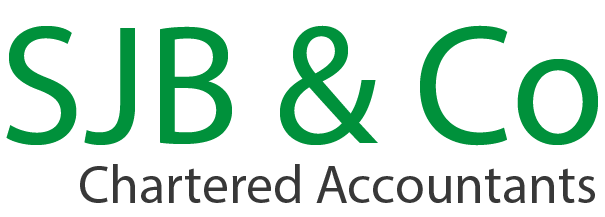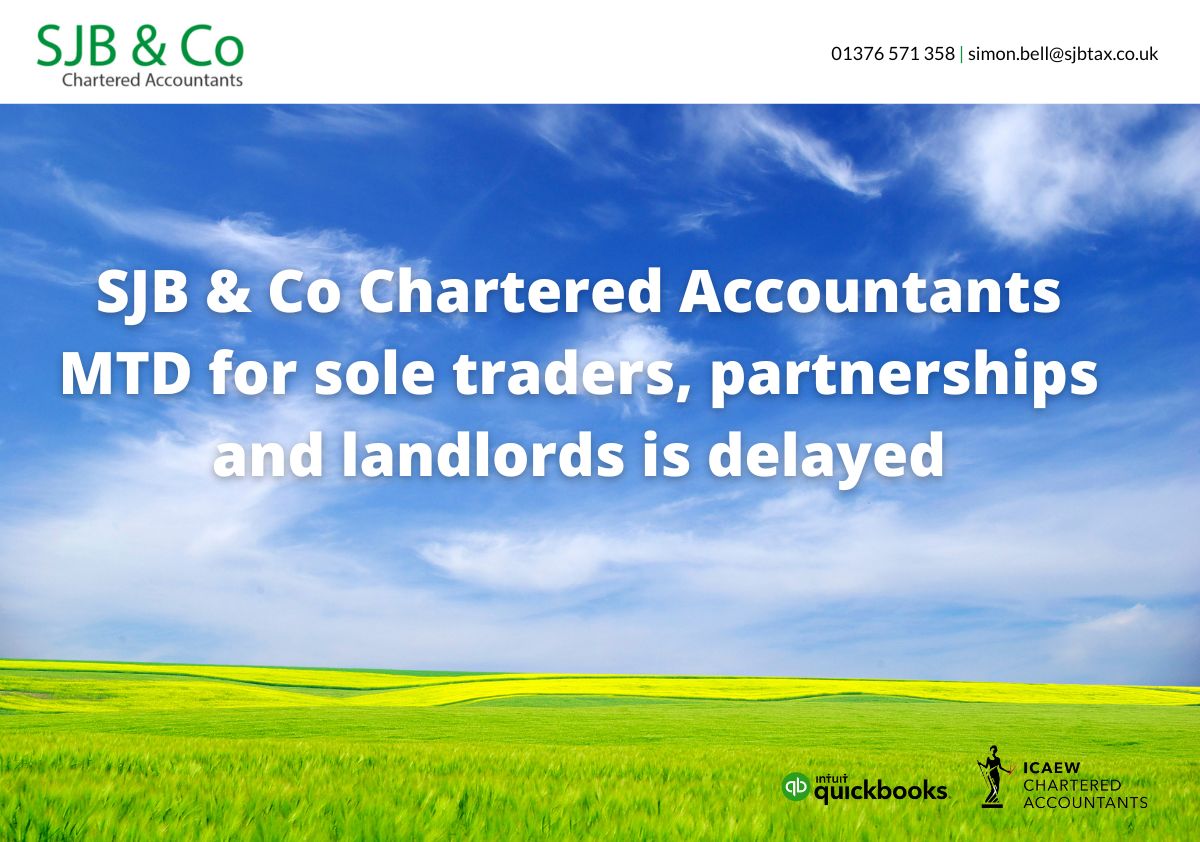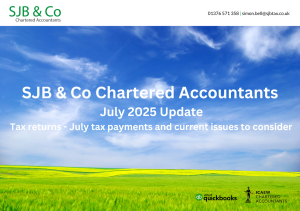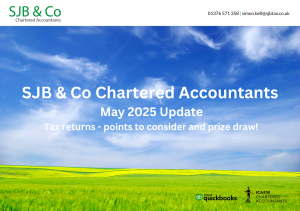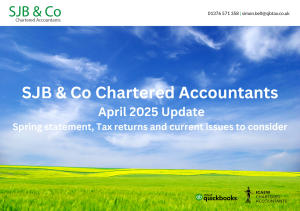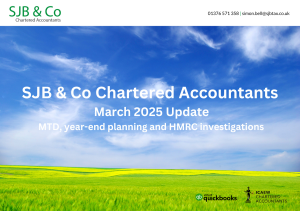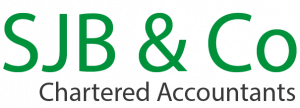A little bit of pre-Christmas cheer for you today.
In parliament today, the treasury announced a delay to the rollout of MTD (Making Tax Digital) for sole traders, partnerships and landlords.
Before today’s announcement, any sole trader or landlord with a total gross income of over £10,000 would have needed to keep their financial records digitally and send a quarterly summary of their business income and expenses to HMRC using MTD-compatible software.
Thankfully, HMRC realised that their software development was so delayed that the original plans for MTD for sole traders, partnerships and landlords were just not possible to carry on with.
The devil is always in the detail. What has changed:
- The Go Live date has been delayed by 2 years. I.e. it takes effect from April 2026.
- The threshold to fall into the scheme has been raised to individuals with more than £50,000 of gross income who are a sole trader or landlord. Individuals with between £30,000 and £50,000 of gross income will be added into the scheme from April 2027.
- Partnerships are now not part of the current rollout of MTD, but HMRC is committed to bringing them into the scheme in the future.
There were no communications about the basis period reforms which were part of the original roll out of MTD for sole traders, partnerships and landlords.
What do you need to do now?
Keeping your records securely and digitally as mandated by the original vision for MTD is still a good thing to do. Whether or not you are legally required to do this. Therefore, if you haven’t already done so, we would recommend that you:
- Have separate bank accounts for your business, property and personal expenditure
- Use a cloud-based accounting system to keep track of your business and property related expenses.
- Keep your records up to date, so record keeping should be done preferably at least weekly at most monthly for the smallest businesses so that you can remember all the details and have up to date records for decision making.
Although the urgency to make changes has reduced with the delay in implementation, we would encourage all businesses to start making changes to adopt software systems for the coming tax year in April.
